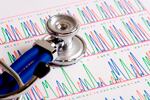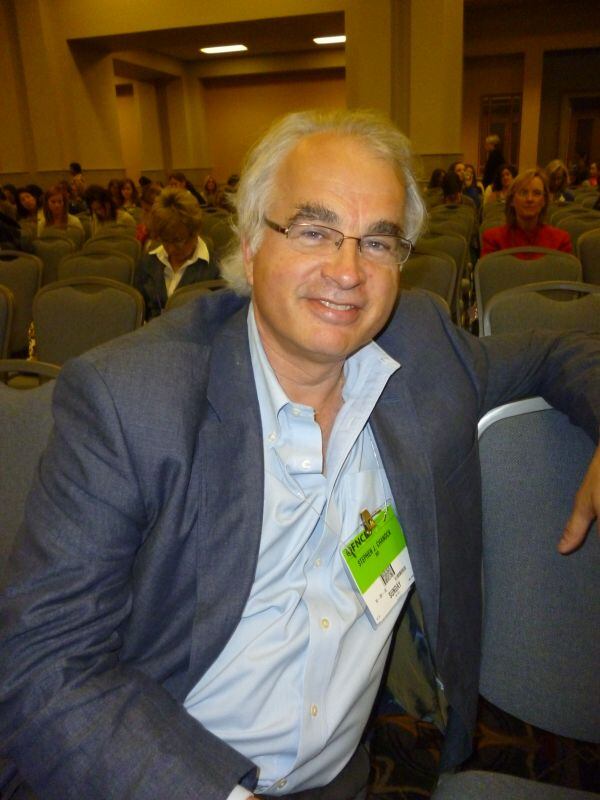Given that generic admonitions to eat well and exercise more do not seem to inspire many of us, there is something very seductive about a personalized nutritional plan based on your own DNA, delegates at the Food & Nutrition Conference & Expo (FNCE) were told yesterday.
Simply send us your DNA, say the genetic testing firms, we’ll screen for SNPs (single nucleotide polymorphisms or genetic variations between people) that we know are associated with increased risk of disease X, Y and Z, and we’ll tell how you can reduce the risk by changing your diet.
For example, people with a particular variant (ApoE4) of a gene (ApoE) associated with fat metabolism are believed to have a heightened risk of developing Alzheimer’s and heart disease, while those with particular SNPs of the eNOS gene (which codes for a protein controlling the elasticity of blood vessels) are believed to have a higher risk of cardiovascular disease.
Mail-order ‘spit kits’ risk damaging credibility of nutrigenomics research

However, firms trying to cash in via DNA-based nutrition plans risk damaging the credibility of the emerging fields of nutrigenetics and nutrigenomics by going beyond the science, warned Dr Gail Kauwell, a professor in the food science and human nutrition department at the University of Florida at Gainesville.
The problem, she said, is that we are only just starting to learn which SNPs or combinations of SNPs may be disrupting key physiological functions at a molecular level and increasing our disease risk, and we know even less about the extent to which we can modify this risk though specific dietary interventions.
"It's not the same as single gene disorders like cystic fibrosis. SNPS don't predict unequivocally that you will get a disease."
Meanwhile, send your DNA via mail-order ‘spit kits’ to four different DNA-based diet firms and the chances are you will get four different results, she added, noting that there is no oversight of these lab, which undermined confidence in the validity of the tests.
”Data like this really suggests it’s really not ready for prime time. It’s also likely that the information consumers may receive will be incomplete and will change as new information becomes available.
“Also, SNPs that are predictive of disease risk in some populations may not be predictive of risk in others.”
As for the argument that compliance improves if nutritional advice is personalized, the evidence is mixed, she said, observing that people told they have a high risk of developing diabetes, for example, have not routinely been more motivated to change their diet and lifestyle as a result.
Chanock: We must not let the genie out of this bottle too quickly

Meanwhile, not enough is known about the interplay between genes, diet and other environmental factors to provide clear recommendations at a clinical level, said Stephen Chanock, MD, who joined Dr Kauwell on the podium.
Cancer for example, is arguably 100% genetic and 100% environmental, pointed out Dr Chanock, who is Chief, Laboratory of Translational Genomics, at the National Cancer Institute. And scientists are only just beginning to see how the two might be connected, and to what extent modifying the latter can impact the former, he said.
“We have to be very careful. The science is not fully developed so that you can say you should have 14g of fiber as opposed to 27g because of a genetic test results.
“We must never forget that lifestyle and a life time of environmental exposures including diet co-exists with genetics.
“We know about maybe 75 SNPs associated with prostate cancer risk, but which ones or combinations are most relevant? Meanwhile, the ones we know about may only account for 20% of the risk, so do you want to make clinical decisions or recommendations based on that 20%?
“We must be careful not to let the genie out of the bottle too quickly.”
